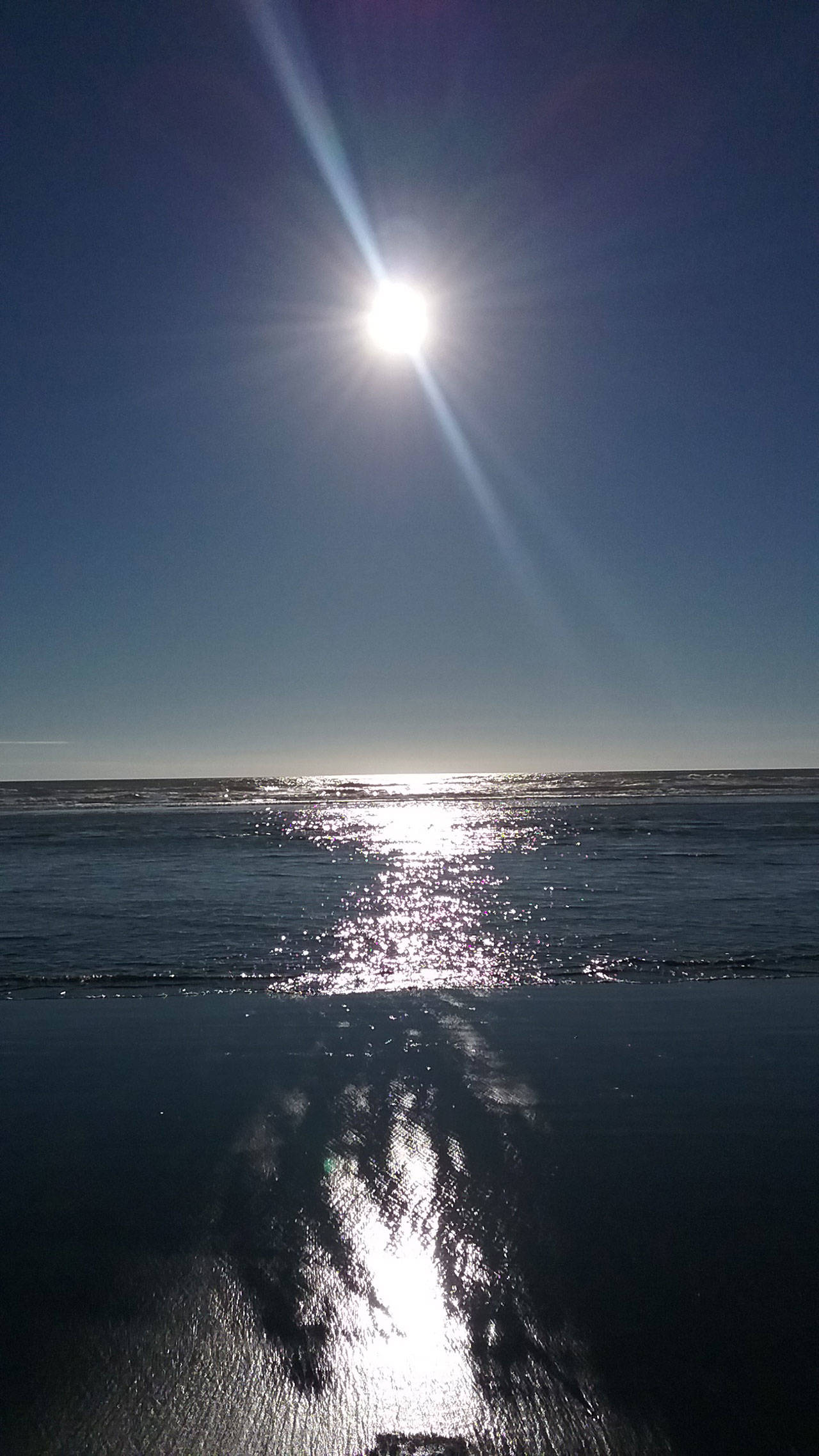Hot weather is on its way to Washington this week and the National Weather Service has issued an excessive heat warning for most of Western Washington, including the Twin Harbors. The warning is in effect from noon Tuesday until 11 p.m. Friday, Aug. 4.
Charles Wallace, Deputy Director at Grays Harbor County Emergency Management, issued a statement saying temperatures in East County are projected to reach the high 90s on Wednesday, with temperatures rising to 100 degrees or more on Thursday.
“Grays Harbor Emergency Management urges all to check on friends, neighbors, the elderly and those with special needs during this very hot week,” Wallace said in the release.
Art Gaebel, meteorologist with the National Weather Service in Seattle, said that while Washington is no stranger to hot spells in late July, the temperatures coming this week are somewhat higher than normal.
“We broke the record in 2009 with a temperature of 103 degrees, and we’re talking temperatures close to 100 degrees for this week,” he said.
Gaebel said a high pressure system is moving in and is the cause of the hot weather.
“There could be some records broken, we’re looking at Thursday probably being the hottest of the days but in any event Montesano will probably be in the 80s or 90s for the middle of the week,” he said. “As you get closer to the ocean you’re not going to be as hot. It’s going to be warm, but not as warm as compared to the Seattle area or the interior of Washington.”
In the Aberdeen and Hoquiam areas, the forecast calls for temps in the low 90s Wednesday and high 90s on Thursday.
It will be cooler at the beaches, but in the high 70s on Wednesday.
Hoquiam Fire Chief Paul Dean advises that people stay indoors for the hotter parts of the week but understands that some people will still head outside during the excessive heat warning.
“The main thing would be if you’re gonna be outside is to stay well hydrated,” he said.
According to Dean, it is especially important for children and seniors to stay hydrated as they can feel the effects of the heat and dehydration quicker than others. When dealing with extreme heat, Dean also noted that people should change the way they operate in terms of leaving children and pets in cars.
“We wouldn’t want to leave pets or children in any vehicle for any amount of time during heat like this,” Dean said.
Chief clinical officer at Summit Pacific Medical Center and longtime primary care provider Tammy Moore, DNP (Doctor of Nursing Practice) said that while Summit Pacific doesn’t normally see a lot of heat-related issues, it is important for patients to understand how those injuries occur and how they can be prevented.
“Signs of dehydration can start out as very mild and include thirst, decreased urinating and fatigue,” Moore said in an email. “More severe signs of dehydration include headaches, confusion and loss of consciousness.”
To avoid heat-related illnesses, Moore says people should stay out of the sun during the hottest parts of the day, from early afternoon through the evening.
“Put off the yard work if you can, but if you must, plan to do it early in the morning hours,” she said.
Individuals won’t be the only ones feeling the heat this week. Roof Doctor in Hoquiam plans to adjust their operations to help their employees deal with the temperatures.
Office manager Dawndi White said their crews typically get to job sites at around 7-7:30 a.m., but will shift to being on site this week at 6-6:30 a.m. in an effort to keep employees out of the sun during the hottest parts of the day.
“Typically, when it reaches more than 80 degrees we come down off the roof at about 2 p.m.,” White said. “It also depends on where we’re working, if we’re working at the beach then it doesn’t get as warm so they can handle the heat a little better.”
In general staying safe in the hot weather means staying hydrated and avoiding being outside during the hottest parts of the day.
“If you have family members who are at risk for heat-related illnesses, please reach out to them and ensure they are okay during these rare summer days of extreme heat,” White said.



